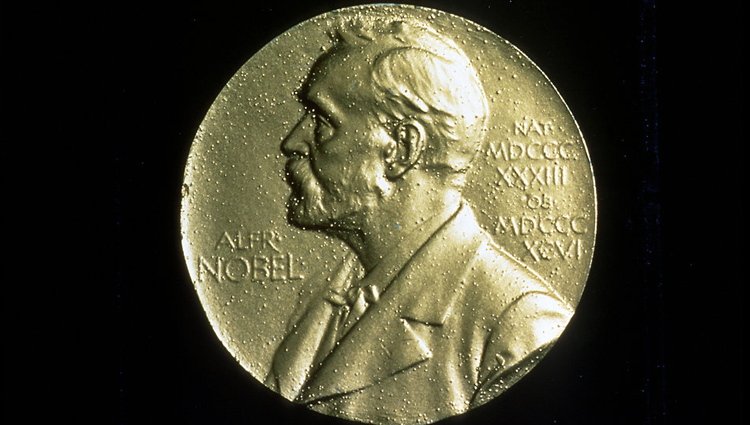Syukuro Manabe, Klaus Hasselmann and Giorgio Parisi win 2021 Nobel Prize in Physics for climate discoveries
The Nobel Prize for physics has been awarded to scientists from Japan, Germany and Italy.
Syukuro Manabe (90) and Klaus Hasselmann (89) were cited for their work in “the physical modeling of Earth’s climate, quantifying variability and reliably predicting global warming”.
The second half of the prize was awarded to Giorgio Parisi (73) for “the discovery of the interplay of disorder and fluctuations in physical systems from atomic to planetary scales.”

The panel said Mr. Manabe and Mr. Hasselmann “laid the foundation of our knowledge of the Earth’s climate and how humanity influences it”.
Starting in the 1960s, Mr. Manabe demonstrated how increases in the amount of carbon dioxide in the atmosphere would increase global temperatures, laying the foundations for current climate models.
About a decade later, Mr. Hasselmann created a model that linked weather and climate, helping explain why climate models can be reliable despite the seemingly chaotic nature of the weather.
He also developed ways to look for specific signs of human influence on the climate.
Mr. Parisi “built a deep physical and mathematical model” that made it possible to understand complex systems in fields as different as mathematics, biology, neuroscience and machine learning.
Last year, the prize went to American Andrea Ghez, Roger Penrose of Britain and Reinhard Genzel of Germany for their research into black holes.
The prestigious award comes with a gold medal and 10 million Swedish kronor (over $1.14 million). The prize money comes from a bequest left by the prize’s creator, Swedish inventor Alfred Nobel, who died in 1895.



